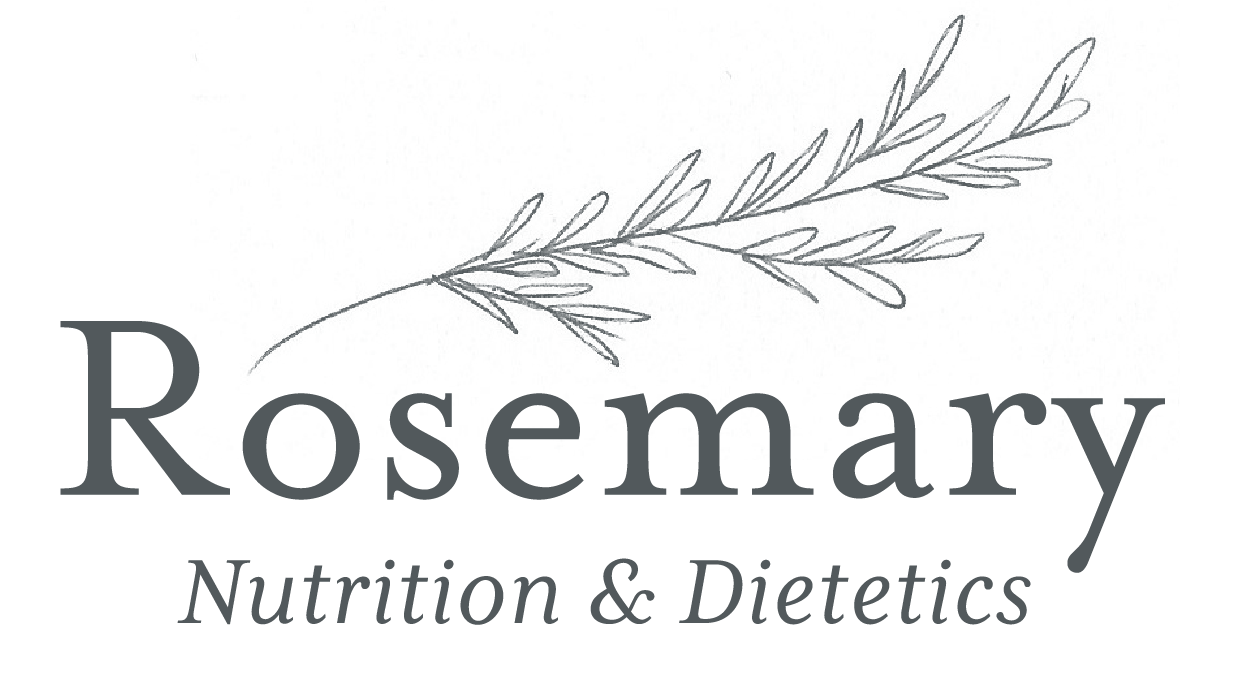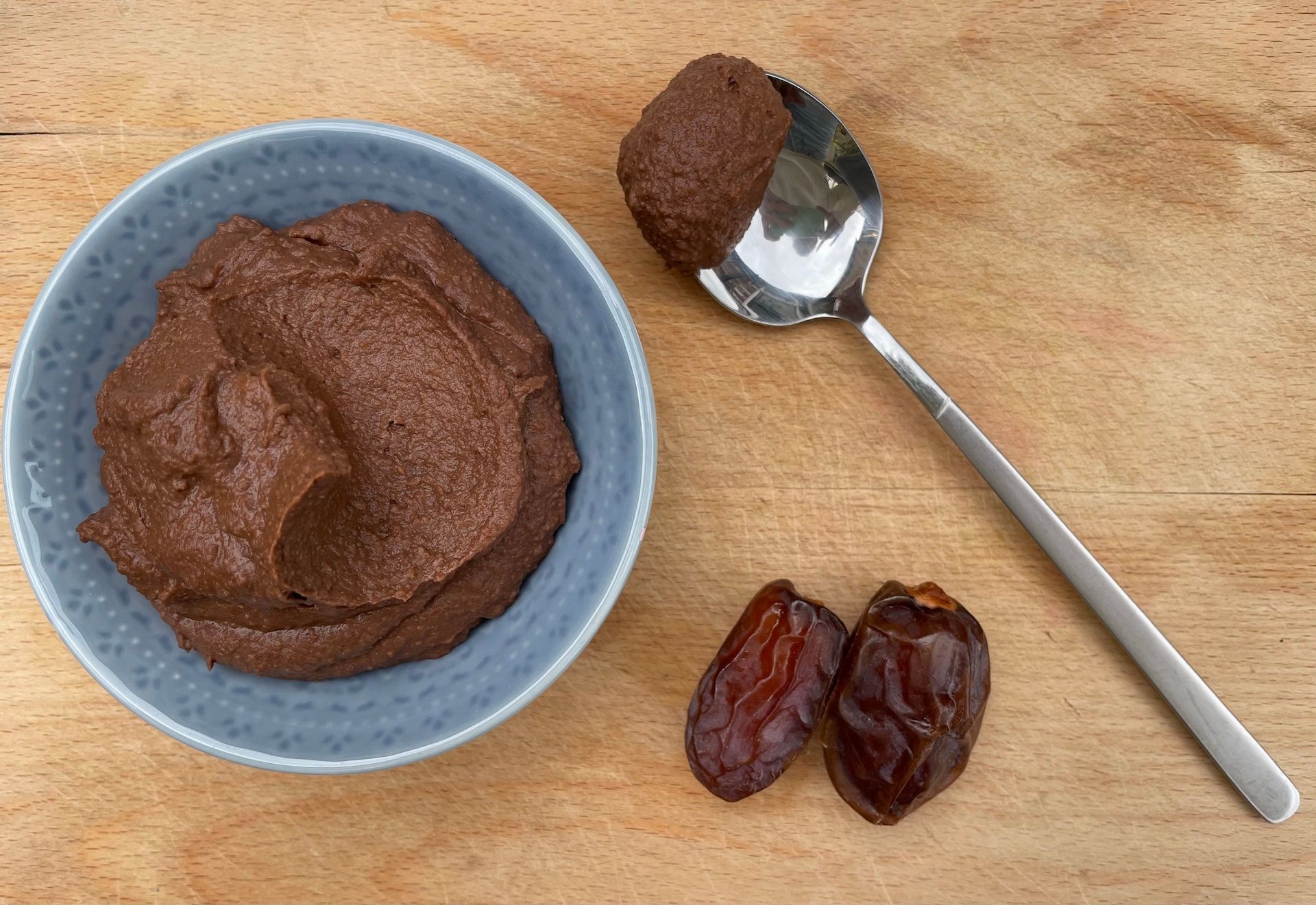Say Hello
Join our newsletter
Join our newsletter
Testing for Food Intolerance
When you feel like you are reacting to a food, it can be difficult, confusing, and frustrating trying to figure out what it could be. If only there were a simple test that could tell you exactly what you needed to avoid and ensure all your symptoms disappear. Enter the food intolerance test! Unfortunately, you could be heading down the wrong (and very expensive) path.
There are many different tests out there claiming to diagnose food allergy and food intolerance, so which ones are useful? First let’s consider the mechanisms of food allergy and food intolerance, as this will give us some clues.
Food Allergy
Food allergy refers to a reaction triggered by the immune system. The body’s defence cells detect an attack and jump to attention to fight what they believe are foreign bodies. This reaction occurs quickly, often within a few minutes of consuming the food, and may lead to a tingling mouth, a rash on the skin, swelling, difficulty breathing or vomiting. For this type of reaction, it is important to see a specialist allergy professional to help you identify the trigger, as a food allergy could lead to an anaphylactic reaction, which although is rare, can be fatal. A validated skin prick test or blood test may be part of the investigations and is a useful tool to support health professionals identify a trigger food.
Food Intolerance
Food intolerance does not involve the body’s immune system. Symptoms generally take longer to appear, often hours after exposure to the food. Symptoms may involve abdominal cramping, diarrhoea, gas and bloating or nausea. For this type of reaction, there is nothing yet identified in the body that we can measure or test as a ‘biomarker’ to identify the culprit. It may be related to things like your gut health or your mind-body connection. In this case, after seeing your doctor to confirm there is no underlying disease, it is wise to seek out the support of a registered dietitian who can support you through identifying the cause using food exclusions and challenges in a safe and appropriate way.
Unfortunately, there are many companies and individuals out there offering food intolerance tests. These tests are not backed by science. They will often provide you with a long list of foods to avoid, leading to a restricted diet that becomes practically difficult to follow. In fact, in some cases I have seen people hospitalised due to food restriction after putting their trust, and often lots of money, into rogue ‘nutritionists’ who have provided unfounded and downright dangerous advice.
If you see any nutritionists offering food intolerance testing, avoid them and seek out a registered professional who knows what they are talking about. If you have already completed these tests, take the results with a large pinch of salt. Or just throw them out altogether.
My advice is to avoid the following tests, they are not based on scientific evidence and are a waste of your time and money:
IgG blood test
This test looks for food-specific IgG antibodies in a blood sample, and claims that an increase in IgG indicates an intolerance to that food. IgG antibodies are found in the blood of all healthy adults and children, and there is no convincing evidence to support the results of this test. It is not recommended as a diagnostic tool.
Kinesiology
This test is based on the idea that specific foods cause an imbalance in the body that can be tested by holding the food in a glass vial and testing your muscle response. Studies have found this test to perform no better than chance, and it is therefore not recommended.
Hair analysis
For this test you will provide a sample of your hair for it to be scanned for energy fields. This type of testing can be used for drug use or lead or mercury poisoning, but it’s use in food reactions has no scientific backing.
The ATCAT (Antigen Leucocyte Cellular Antibody Test)
This test involves mixing your white blood cells with a suspect food. The size of the blood cells is then measured, with claims that this correlates to an intolerance to that food. There is no science to back up this claim.
Pulse test
In this test your heart rate is taken before and after consuming a specific food. The idea is that if your heartbeat has increased by ten or more beats per minutes afterwards, you have an intolerance to it. Research tells us that there is no link between an elevated pulse rate and food intolerance.
Electrodermal (Vega) test
For this test you will have the electromagnetic conductivity in your body measured. The idea is that a suspect food will result in a dip in conductivity if you are intolerant to it. Studies shows us that this test performs no better than chance.
Provocation – Neutralization testing
In this test you will have food extracts injected under your skin to trigger symptoms. Another dose is then injected to ‘neutralise’ the reaction. Again, there is no science to underpin this method.
What to do instead
If you think you may have a food allergy, book in to speak with your doctor who may refer you on to evidence-based, conventional allergy testing. With a food allergy or intolerance, a dietitian can provide you with trusted nutritional advice and help you to navigate your food reactions whilst maintaining a healthy, balanced diet that can fit with your lifestyle.
Reference: https://www.bda.uk.com/resource/food-allergy-intolerance-testing.html
Rosie is a plant-based registered dietitian, founder of Rosemary Nutrition & Dietetics, and works both in the NHS and as a freelance dietitian.
You can contact her with any queries via Rosemary Nutrition & Dietetics on rosie@rosemarynutrition.co.uk or follow her on Instagram at @plantdietitianrosie














